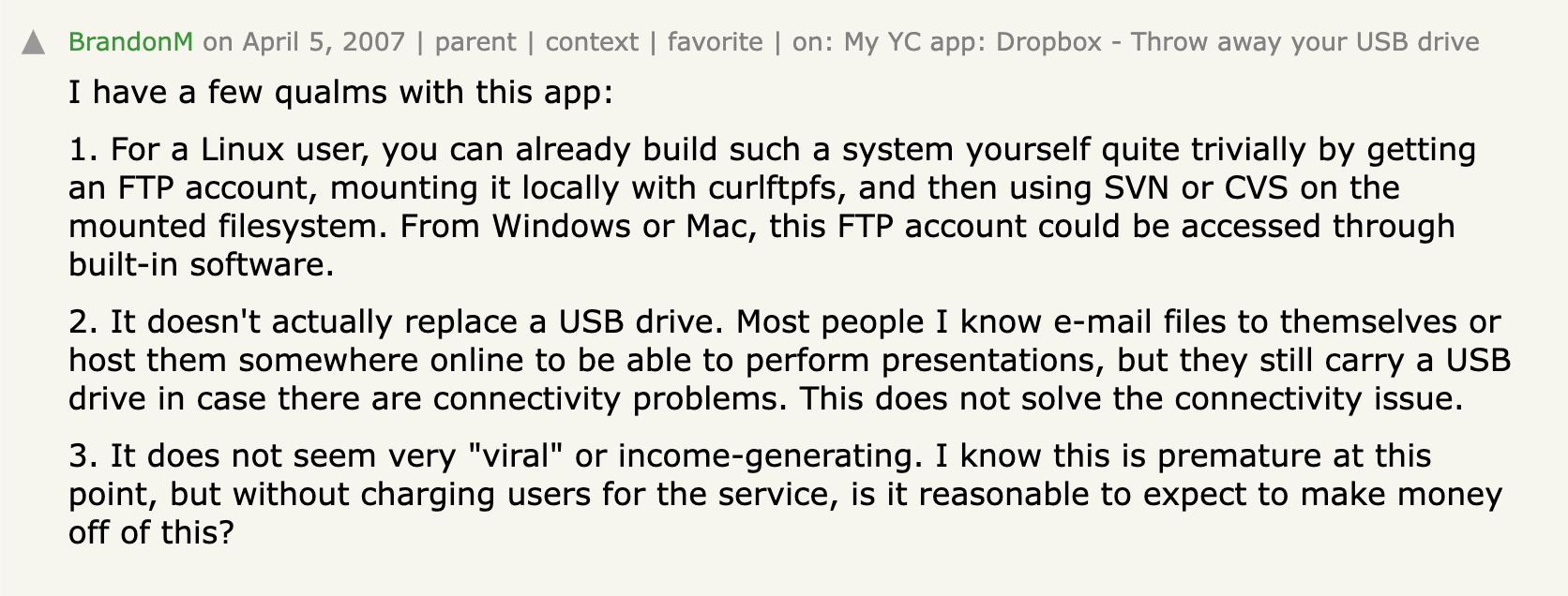Standardizing Products
Many successful startups of the early 2000's transformed an open internet standard into a product. For example:
- HTTP (Hypertext Transfer Protocol) enabled web browsers like Chrome, Firefox, & Safari, web servers like Apache & Nginx, and website builders like Wordpress & Squarespace
- SMTP (Simple Mail Transfer Protocol) enabled mail clients like Outlook & Gmail and email servers like Postfix & Sendmail
- FTP (File Transfer Protocol) enabled FTP clients like FileZilla & Cyberduck
- VoIP (Voice over Internet Protocol) enabled Skype, Zoom, & WhatsApp calls
- RSS (Really Simple Syndication) enabled feed readers like Feedly & Inoreader and podcast apps like Apple Podcasts & Spotify
- DNS (Domain Name System) enabled domain registration services like GoDaddy & Namecheap and content delivery networks like Cloudflare
Similarly, whenever an improvement is made to an existing public blockchain there is a short window of opportunity to build a popular product. Consider the following Ethereum standards and their associated products:
- ERC-20 (Fungible Token Standard) enabled DeFi protocols like Uniswap & Aave, liquid staking tokens like Rocket Pool & Lido, governance tokens like Botto & ApeCoin, and many, many initial coin offerings.
- ERC-721 (Non-Fungible Token Standard) enabled NFT marketplaces like OpenSea & Rarible, digital collectibles like CryptoKitties & Art Blocks, and naming registries like ENS
- ERC-1155 (Multi-Token Standard) enabled open edition minting platforms like Zora
- ERC-4337 (Account Abstraction) enabled simpler smart contract wallets like Privy and Coinbase Smart Wallet
These standards are a fertile ground for new product ideas. They provide an attractor state that allow multiple firms to work together with a shared vision. Most importantly, their potential as products are often overlooked by those closest to them, who often already have the technical skills and don't see the benefit of a simpler way of doing things.
